Kreditë e pambrojtura nga kursi i këmbimit - Rreziku mbetet i lartë. Bizneset rrisin huamarrjen në euro, individët tërhiqen
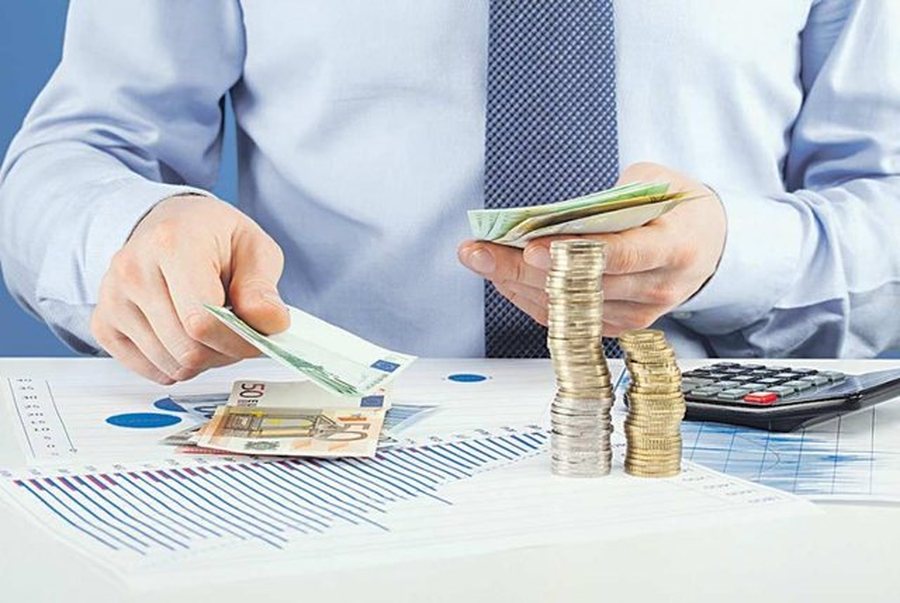
Huamarrja në valutë vazhdon të mbetet një fenomen i ndjeshëm në ekonominë shqiptare, sidomos për shkak të rrezikut që sjellin luhatjet në kursin e këmbimit. Kreditë e pambrojtura nga kursi i këmbimit janë ato hua të marra në një monedhë të huaj (zakonisht euro), nga subjekte që nuk kanë të ardhura në të njëjtën monedhë. Kjo do të thotë se në rast të zhvlerësimit të lekut, pagesa e kësteve bëhet më e shtrenjtë, duke rritur barrën financiare për huamarrësit.
Raporti i Stabilitetit Financiar i Bankës së Shqipërisë tregon se në gjashtëmujorin e parë të vitit 2025, teprica e kredisë së pambrojtur është rritur me 4%, ndërsa krahasuar me një vit më parë rritja shkon në 6.5%. Ky zgjerim është nxitur kryesisht nga bizneset, të cilat i kanë shtuar kreditë e pambrojtura me 13.4%, ndërsa tek individët është vërejtur një tkurrje e lehtë prej 1%.
Struktura e huave tregon se 56% e kredive të pambrojtura janë të lidhura me pasuritë e paluajtshme, ndërsa rreth 14% me sektorin e tregtisë. Kredia për pasuri të paluajtshme u rrit me 3.4% në këtë kategori, duke reflektuar vijimësinë e kërkesës për blerje dhe zhvillime në tregun imobiliar.
Megjithëse ekspozimi mbetet i lartë, cilësia e portofolit është përmirësuar. Raporti i kredive me probleme për huatë e pambrojtura ka rënë nga 3.9% në 3.7%, ndërsa për kreditë për pasuri të paluajtshme ky tregues është rreth 4%.
Ky shihet si një zhvillim pozitiv për sistemin bankar, por rreziku nga kursi i këmbimit është i pranishëm, sidomos në kushtet e paqëndrueshmërisë së tregjeve ndërkombëtare. Banka e Shqipërisë ka bërë thirrje edhe më parë që huamarrësit të tregohen të kujdesshëm dhe të shmangin huatë në valutë nëse nuk kanë të ardhura në të njëjtën monedhë, pasi kjo i ekspozon ndaj goditjeve të papritura të kursit.
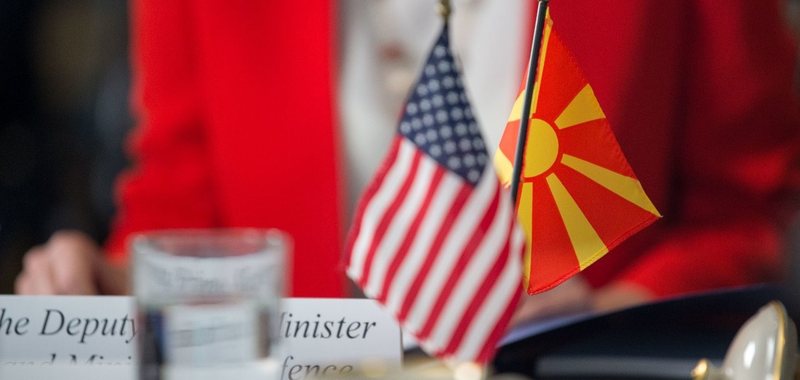
SHBA paralajmëron Maqedoninë e Veriut - “Korrupsioni dhe rregulloret komplekse pengojnë investitorët”
Maqedonia e Veriut vazhdon të tërheqë interes nga investitorë amerikanë, por kompleksiteti rregullator, ndryshimet e shpeshta ligjore dhe korrupsioni i......
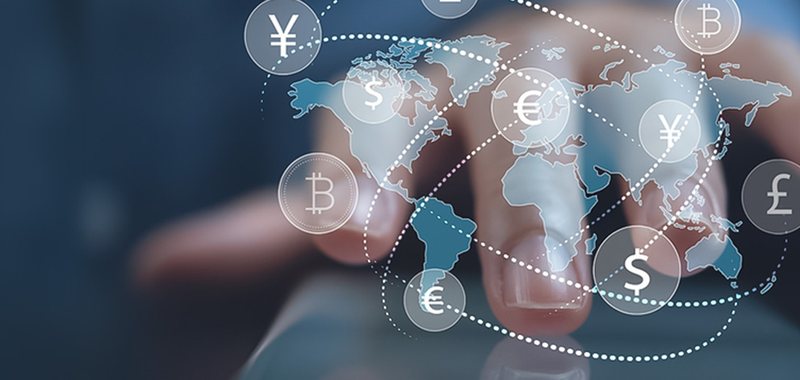
Diaspora “pasuron” Kosovën - Emigrantët kanë dërguar rreth 930 milionë euro gjatë vitit 2025
Banka Qendrore e Kosovës ka prezantuar statistikat e bilancit të pagesave, remitancave dhe investimeve direkte. BQK njofton se remitancat janë kategoria......
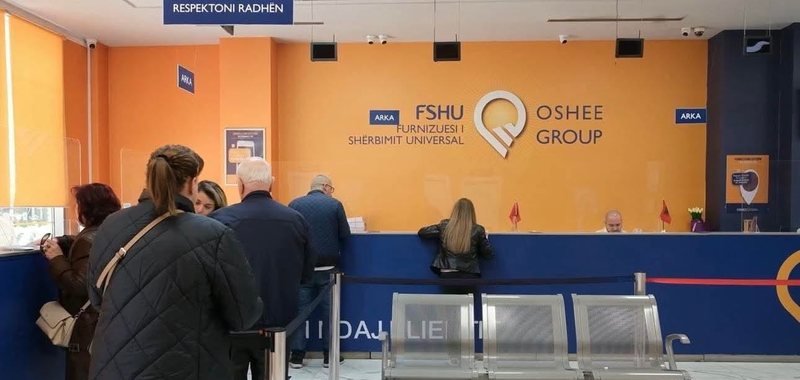
Risia e OSHEE: Nga 1 tetori faturat e energjisë do të paguhen edhe me kartë pranë pikave të shërbimit!
Duke filluar nga 1 tetori, qytetarët mund të paguajnë faturat e energjisë elektrike edhe me kartë bankare në pikat e shërbimit të OSHEE Group. Projekti......
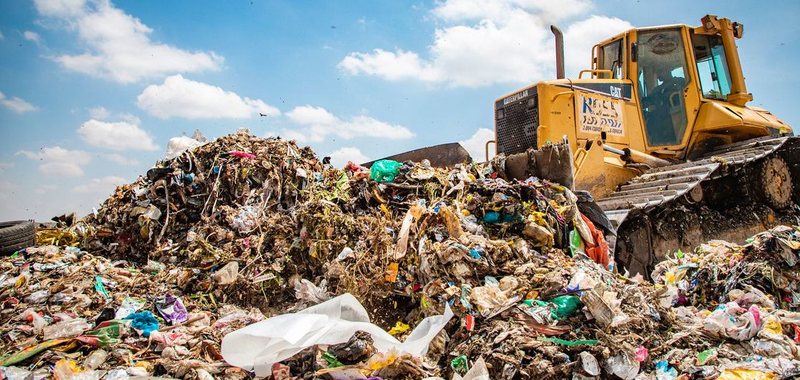
Menaxhimi i mbetjeve, debate te Ligjet - Do ngrihet operator qendror, bashkive iu mbetet grumbullimi. Tërhiqet importi i plehrave
Mes debatesh ndërmjet deputetëve të maxhorancës dhe opozitës, Komisioni i Ligjeve ka nisur diskutimin e pr.ligjit “Për menaxhimin e integruar të......
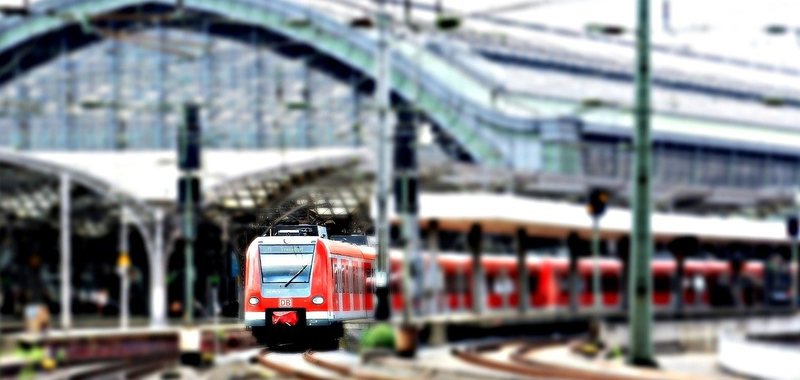
Treni Durrës-Rrogozhinë “vjen” në 2028 - Zv.ministrja Muçaj jep afatet për punimet dhe elektrifikimin e aksit 34 km
Rehabilitimi dhe elektrifikimi i hekurudhës Durrës – Rrogozhinë pritet të përfundojë në vitin 2028”. Afatet janë bërë me dije nga zv.ministrja e......

Tetori rozë, rëndësia e diagnostikimit të hershëm - Filipi: Mamografi falas në çdo qytet, ftesë për gratë mbi 50 vjeç
Tetori është i njohur si muaji i ndërgjegjësimit për kancerin e gjirit, ku vëmendja ndaj kësaj sëmundjeje shtohet dhe ndërmerren fushata të ndryshme për......
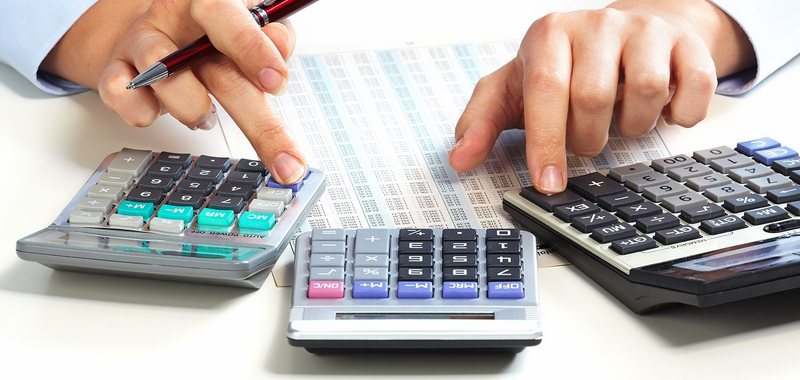
Sa kredi merrni nga institucionet jobanka? - Shtohet pesha e tyre në sistemin financiar. BSH: Rreth 39% e huasë, për bizneset
Përveç bankave, të cilat kanë pasur një performancë pozitive në gjysmën e parë të këtij viti, edhe sektori jobankar, i cili përbëhet nga institucionet......

Pesha ekonomike dhe elektorale e zgjedhjeve të pjesshme/ Gjashtë bashki, nga Tirana në Tepelenë, do të zgjedhin kryetarët e rinj
Presidenti i Republikës ka dekretuar datën 9 nëntor 2025 si ditën e zhvillimit të zgjedhjeve të pjesshme për kryetar bashkie në gjashtë bashki të vendit:......

















